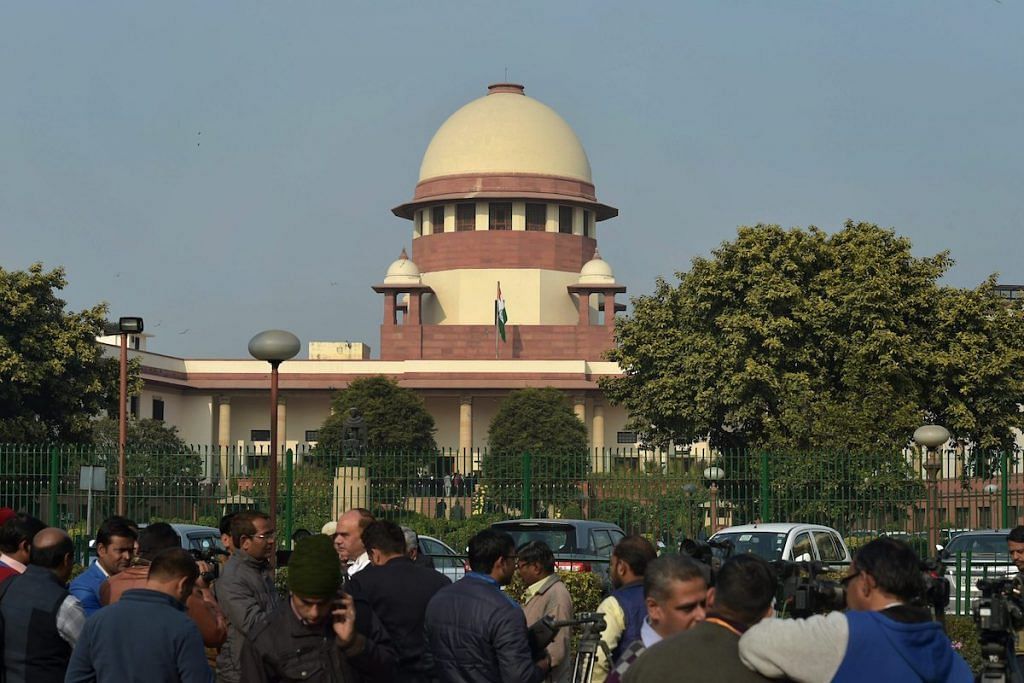The observations follow a spate of lynchings across India, including at least 30 deaths triggered by a single WhatsApp rumour.
New Delhi: The Supreme Court Tuesday said recurrent mob violence in India cannot be allowed to become the new normal, urging the executive to take quick action to rein in instances of lynching by self-styled vigilantes.
It was hearing a batch of petitions filed by social activist Tehseen Poonawala and Mahatma Gandhi’s great-grandson Tushar Gandhi following a string of lynchings by self-styled cow vigilantes. The judgment also follows at least 30 instances of lynching across India sparked by a single WhatsApp rumour.
This spate of mob violence injected the judgment with an undercurrent of urgency, as the court stressed the need to preserve the country’s “quintessentially secular ethos” and decried as “perverse” the act of civilians taking the law into their own hands.
Here are some of the Supreme Court’s key observations:
On vigilantism
“…The decisions of this court as well as the authorities from other jurisdictions clearly show that every citizen has to abide by the law and the law never confers the power on a citizen to become the law unto himself or take law into his hands. The idea is absolutely despicable, the thought is utterly detestable and the action is obnoxious and completely hellish. It is nauseatingly perverse.”
“No citizen can assault the human dignity of another, for such an action would comatose the majesty of law.”
On lynchings
“The horrendous acts of mobocracy cannot be permitted to inundate the law of the land. Earnest action and concrete steps have to be taken to protect the citizens from the recurrent pattern of violence which cannot be allowed to become ‘the new normal’.”
“…We think it appropriate to recommend to the legislature, that is, Parliament, to create a separate offence for lynching and provide adequate punishment for the same. We have said so as a special law in this field would instil a sense of fear for law amongst the people who involve themselves in such kinds of activities. There can be no trace of doubt that fear of law and veneration for the command of law constitute the foundation of a civilised society.”
On role of the states
“…The states are directed to take disciplinary action against the concerned officials if it is found that (i) such official(s) did not prevent the incident, despite having prior knowledge of it, or (ii) where the incident has already occurred, such official(s) did not promptly apprehend and institute criminal proceedings against the culprits.”
“We may emphatically note that it is axiomatic that it is the duty of the state to ensure that the machinery of law and order functions efficiently and effectively in maintaining peace so as to preserve our quintessentially secular ethos and pluralistic social fabric in a democratic set-up governed by rule of law.”
“The state cannot turn a deaf ear to the growing rumblings of its people, since its concern, to quote (former US president) Woodrow Wilson, ‘must ring with the voices of the people’.”
“The exigencies of the situation require us to sound a clarion call for earnest action to strengthen our inclusive and all-embracing social order which would, in turn, reaffirm the constitutional faith. We expect nothing more and nothing less.”
